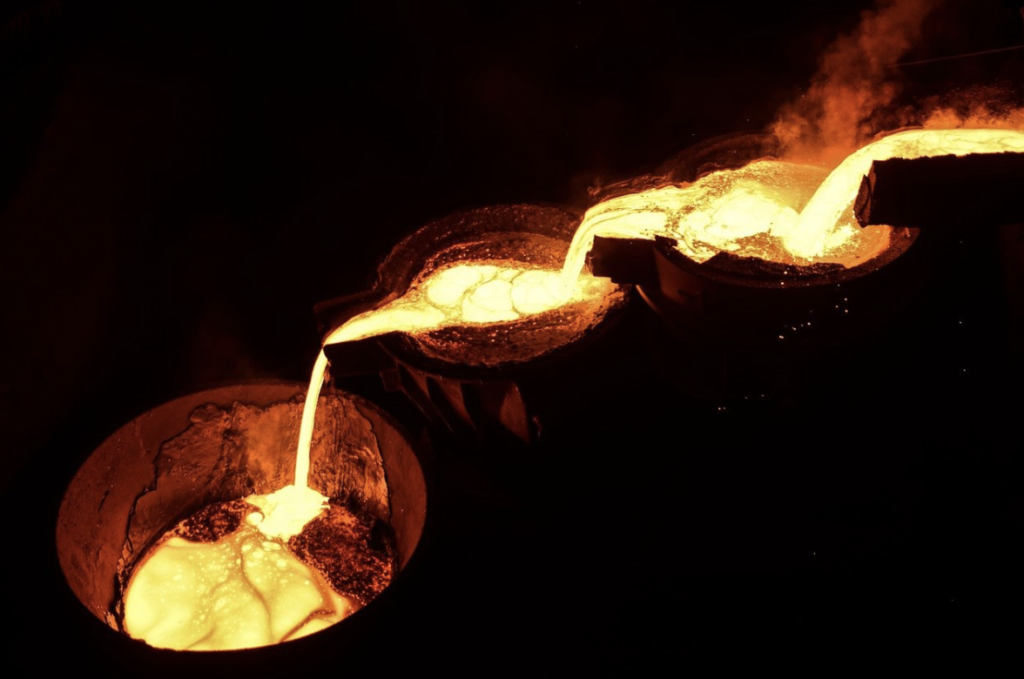Rev José Mario O Mandía
jmom.honlam.org
We have seen last time that entry to heaven requires a person (1) to be in God’s grace and friendship and (2) to be perfectly purified (cf CCC 1023).
The Letter to the Hebrews (12:14) teaches: “Strive … for the holiness without which no one will see the Lord.” In a similar vein, the book of Revelation (21:27) says: “Nothing unclean shall enter it.”
What should a person be purified of, if he is not conscious of any mortal or grave sin at the moment of death? He needs to be cleansed of venial sins and what is called “the debt of temporal punishment.” Let me explain.
We know that confession forgives sins. In every sin, however, we have to distinguish two things: (a) the guilt itself, and (b) the duty of justice to make up or repair the damage done. Whenever we offend a friend, once we apologize, he may say, “It’s all right, I forgive you.” It doesn’t mean, however, that we don’t have to do anything else after that. We show that we truly regret and are sorry by making up for what we have done (or not done). In this sense, we are still in debt.
(1) MORTAL SINS. When we commit grave or mortalsin, we incur not only the guilt, but also a debt of eternal punishment. It is actually a punishment that we (not God) inflict on ourselves (we shall talk about this more when we discuss hell). This eternal punishment is what hell is. A good confession of that sin does two things: it (a) forgives the guilt and (b) commutes the debt from an eternal punishment to a temporal one.
(2) VENIAL SINS. Every venial sin also brings about guilt, and a debt of temporal punishment. The temporal punishment can be paid for on earth or in purgatory.
Purification cleanses us of venial sins which we may have not been sorry for and temporal punishment – the reparation that we owe God.
After death, when a person finds himself bathed in God’s light and truth, he immediately and clearly sees the state of his soul. He does not need to be told what will come next because he will understand the logical conclusion of all the choices he made in this life.
If he knows he has died in God’s grace but still has some venial sins or some debts to pay, he knows he must be purified first. He needs Purgatory, which is “the state of those who die in God’s friendship, assured of their eternal salvation, but who still have need of purification to enter into the happiness of heaven” (CCCC 210).
The Bible does not directly mention the word “Purgatory” (just like it doesn’t mention other important terms such as “Blessed Trinity” or “sacraments”), but speaks about this reality. In the Encyclical Spe Salvi (no 46), Pope Benedict cites Saint Paul’s First Letter to the Corinthians to explain Purgatory. “Paul begins by saying that Christian life is built upon a common foundation: Jesus Christ. This foundation endures. If we have stood firm on this foundation and built our life upon it, we know that it cannot be taken away from us even in death. Then Paul continues: ‘Now if any one builds on the foundation with gold, silver, precious stones, wood, hay, straw—each man’s work will become manifest; for the Day will disclose it, because it will be revealed with fire, and the fire will test what sort of work each one has done. If the work which any man has built on the foundation survives, he will receive a reward. If any man’s work is burned up, he will suffer loss, though he himself will be saved, but only as through fire’ (I Corinthians 3:12-15). In this text, it is in any case evident that our salvation can take different forms, that some of what is built may be burned down, that in order to be saved we personally have to pass through ‘fire’ so as to become fully open to receiving God and able to take our place at the table of the eternal marriage-feast.”
What is this “fire”? We shall take it up next time.
(Photo: Image by kepinator at Pixabay)


 Follow
Follow


